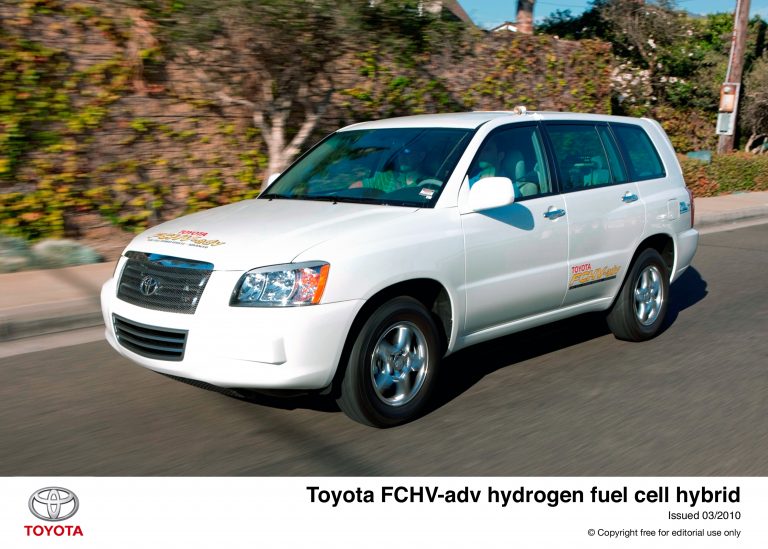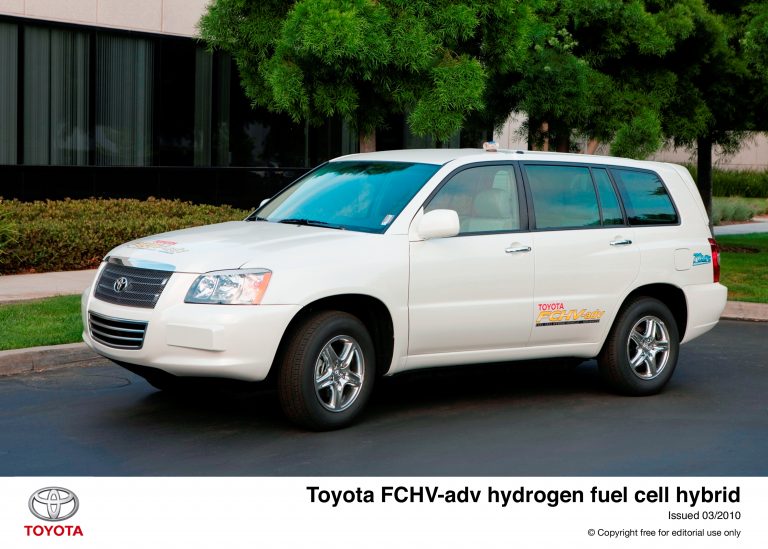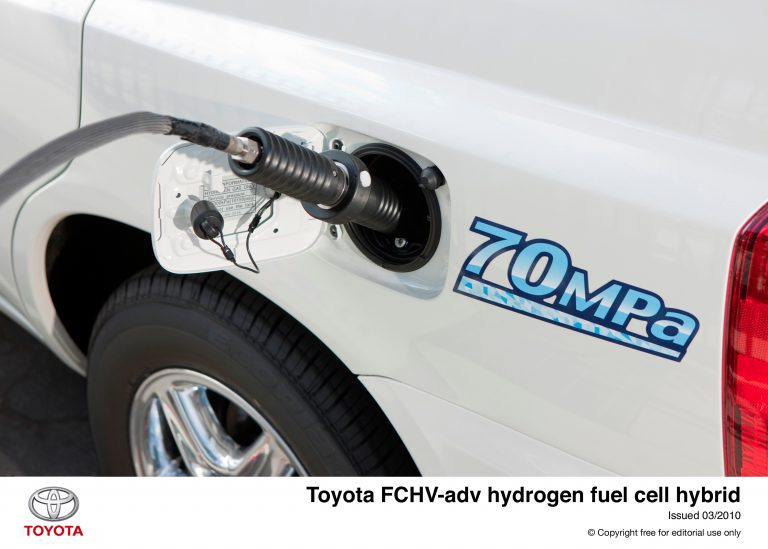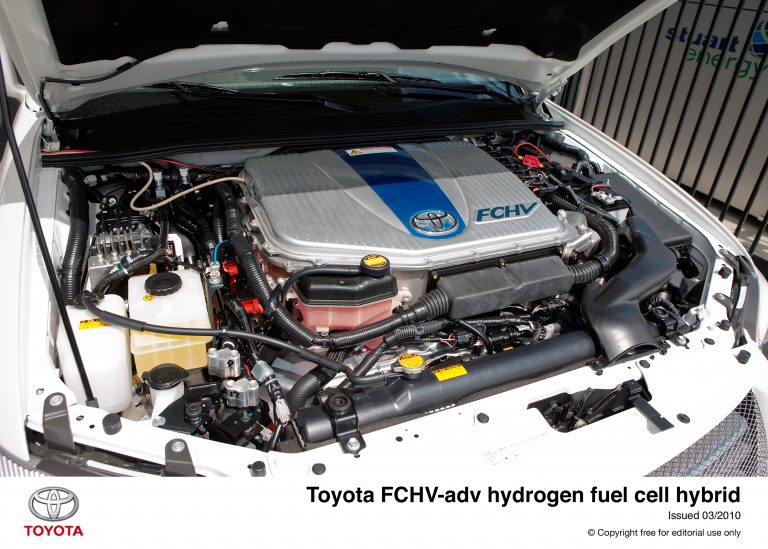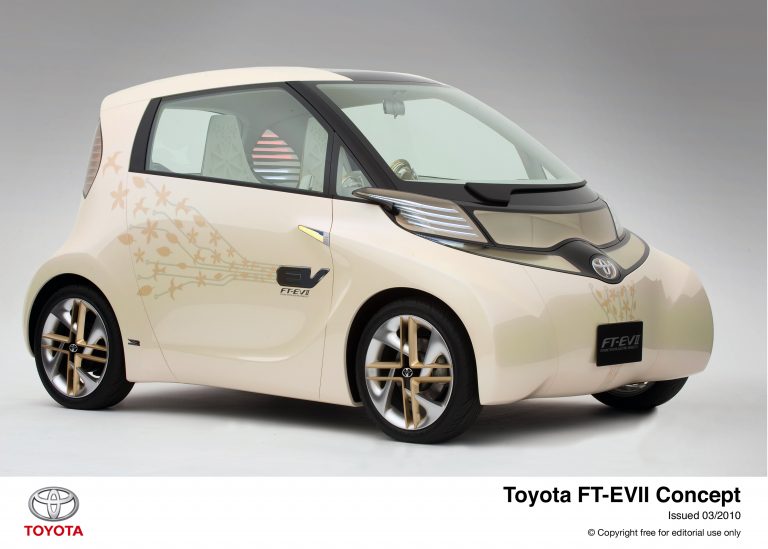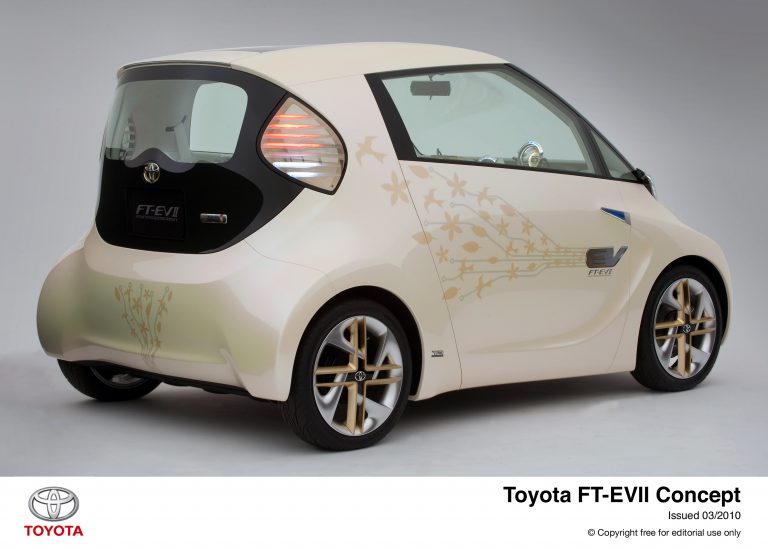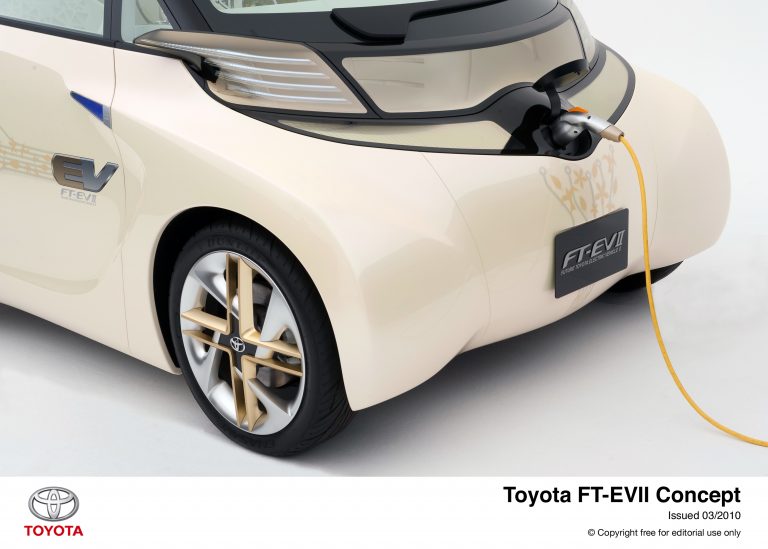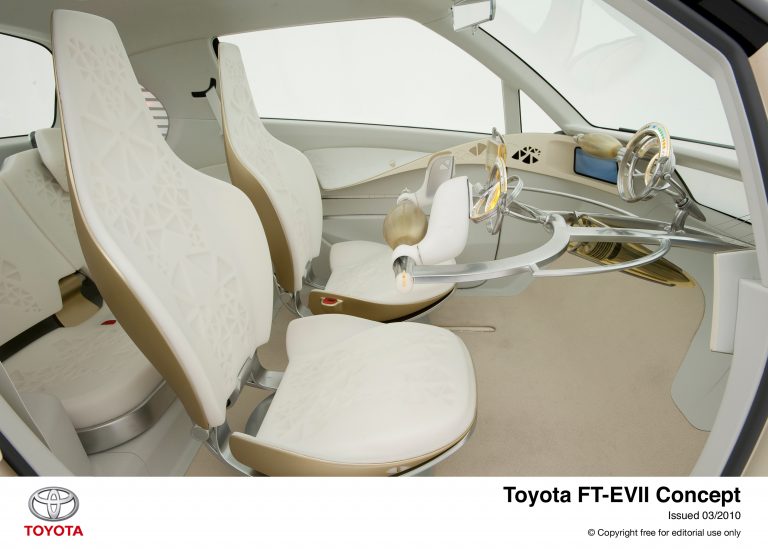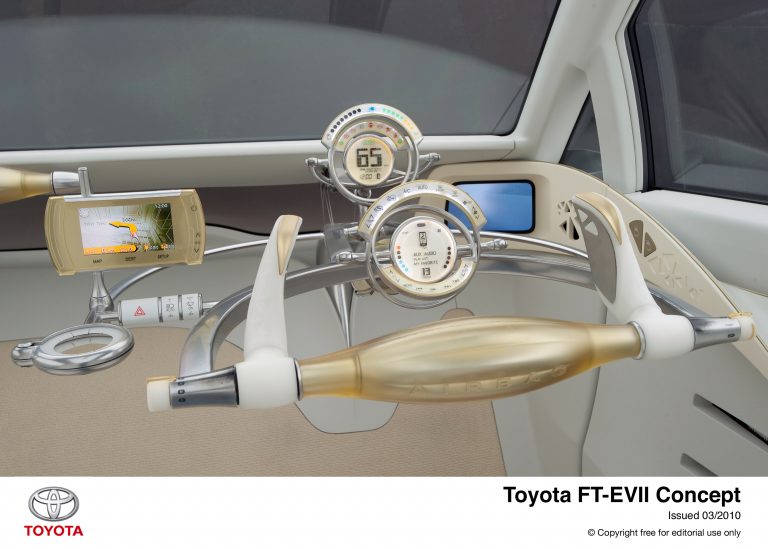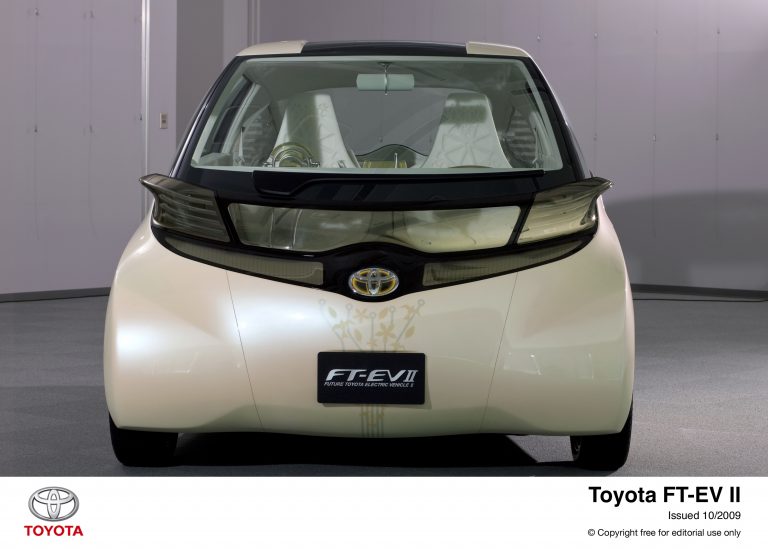Toyota Joins Clean Energy Partnership to Introduce Hydrogen Fuel Cell Vehicles in Europe
KEY POINTS
- Toyota joins the Clean Energy Partnership to support the development of sustainable mobility
- Five Toyota FCHV-adv hydrogen fuel cell hybrid vehicles to be introduced in Germany by 2011
- Move supports Toyota’s ambition to commercialise hydrogen powered vehicles by 2015
- Toyota’s alternative energy powertrain technology featured at Geneva motor show
Toyota and the Clean Energy Partnership announced today (5 March) that Toyota has become a new international auto partner for the organisation. The move will add further impetus to CEP’s programme of advancing sustainable mobility through the development of hydrogen filling stations and a fuel supply network in Germany.
CEP’s activities are supported by the German Government, which is investing around €2 billion to support the development of hydrogen fuel cell and electric vehicle technologies. Toyota will contribute five of its zero-emissions FCHV-adv hydrogen fuel cell vehicles to the programme in Germany by 2011.
Tadashi Arashima, President and CEO Toyota Motor Europe, said: “We firmly believe that fuel cell hybrid vehicles will play a major role in reducing emissions and achieving sustainable mobility, alongside petrol and plug-in hybrids and pure electric vehicles. These various applications of full hybrid technology will each play their role and co-exist in the future.
“Toyota aims at the commercialization of fuel cell vehicles around 2015. To achieve this goal a hydrogen charging infrastructure is necessary, so close tie-ups between
car manufacturers and infrastructure companies are of vital importance. ”
Other CEP partners are setting up “CO2-free” and hydrogen filling stations at key locations between Berlin and Hamburg and the partnership is also campaigning to increase the proportion of hydrogen fuel produced from renewable sources to 50 per cent.
Toyota alternative energy powertrain technologies at Geneva
Toyota is showcasing its latest developments in EV (electric vehicle), plug-in hybrid vehicles, battery design and hydrogen fuel cell hybrid technologies at the Geneva motor show.
The presentation includes the FT-EVII concept, the precursor of a production small commuter EV model that Toyota plans to market in the USA in 2012.
Where plug-in hybrid technology is concerned, the first 600 Prius Plug-in-Hybrids are already on the road in a worldwide leasing project, including around 200 in Europe. Toyota will analyse the way the cars, charging patterns and user feedback with a view to verifying the car’s overall environmental and technological performance before it is put on general sale.
Toyota is also advancing battery technology, through its own research department established in 2008, and a jointly funded partnership with Panasonic EV Energy (PEVE) which will see three facilities in Japan manufacturing more than one million battery packs a year by September.
Although lithium-ion batteries deliver a superior volume energy density and quicker recharging than the nickel-metal hydride type, they are more expensive to produce. Toyota is seeking ways of significantly reducing their cost, or identifying a more affordable alternative.
The Toyota FCHV-adv is also on show at Geneva, demonstrating the company’s success in improving driving range and very cold weather operation. Compared to the original FCHV, the world’s first production fuel cell vehicle, its high pressure hydrogen storage tanks give a cruising range of more than 500 miles – more than twice that of its predecessor.
ENDS

